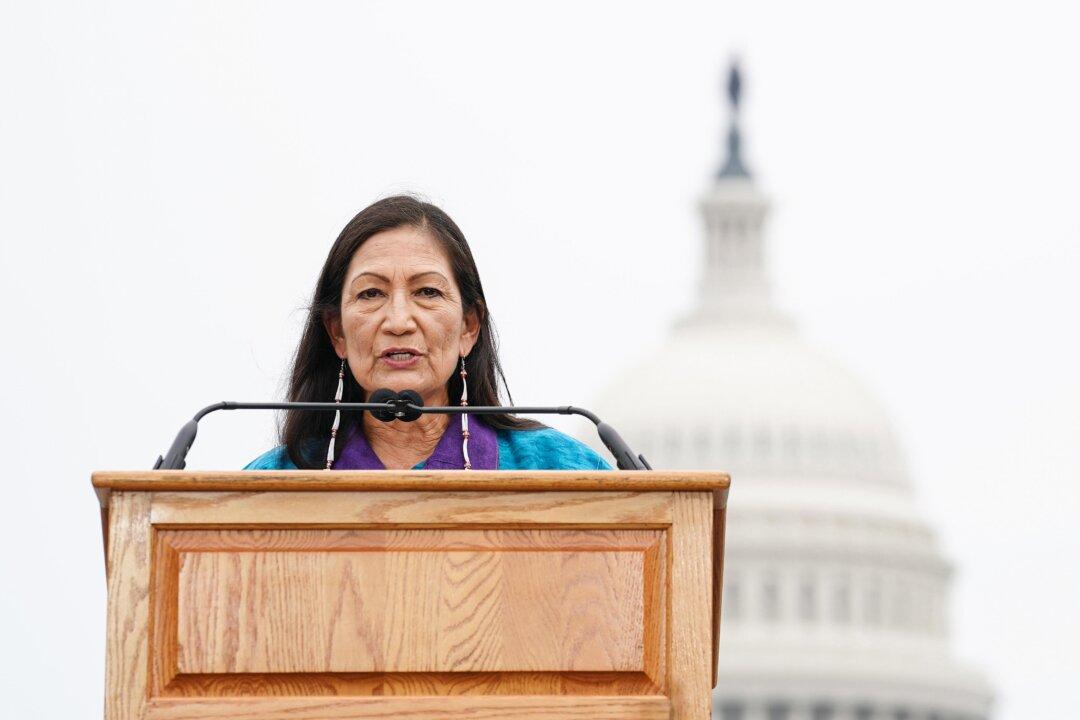President Joe Biden’s Fiscal Year 2024 (FY24) budget request increases discretionary funding for the Department of Interior (DOI) by $2 billion to $18.9 billion—a 12-percent increase from this year’s enacted spending plan.
Much of that proposed hike chips away at long-lingering deferred maintenance backlogs, beefs up federal wildlands fire-fighting capacities, accelerates water development projects, sustains conservation programs, and streamlines and speeds-up permitting and regulatory reviews by hiring more than 4,000 new staff.





